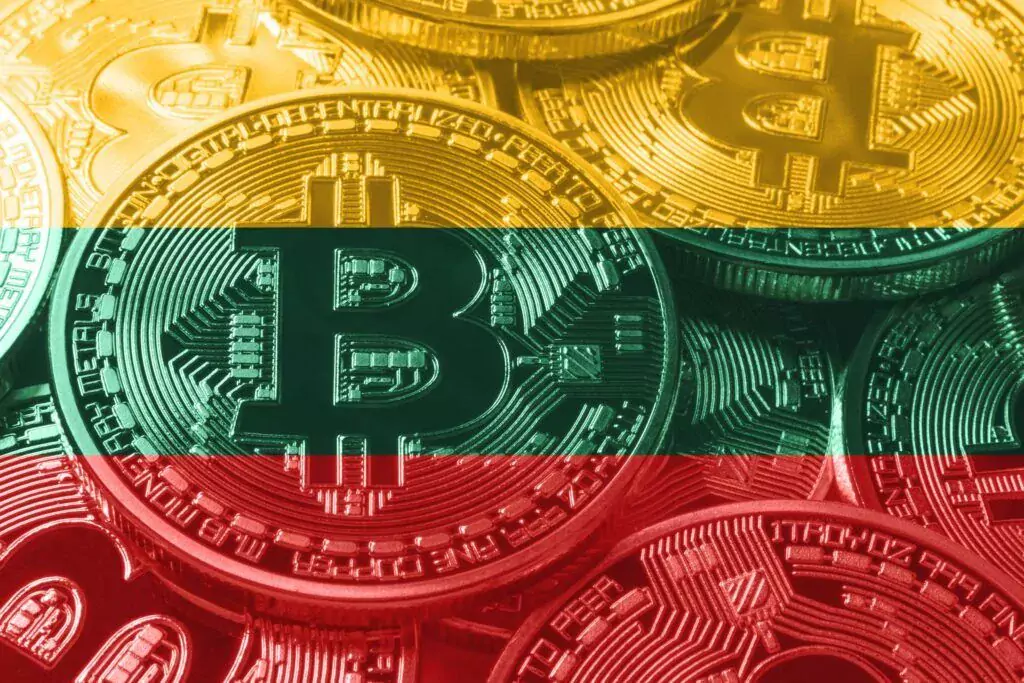
Due Diligence and Transaction Structuring
Legislation in the country is constantly changing. New concepts are added, existing norms are changed and obsolete ones are removed. Businesses do not always have time to keep track of changes. After all, it is important for entrepreneurs to carry out activities strictly in the legal field. Keeping an experienced lawyer on staff who monitors the compliance of the company’s activities with changes made to the legislation is not always profitable and expedient. It is often much more efficient to entrust this procedure to third-party companies. Our experts perform a legal due diligence with the following recommendations to address the identified issues. What does a legal audit examine? A legal audit of an enterprise is a set of measures that allow checking the compliance of a certain company’s activities with the current legislation of the country in which it operates. During the inspection, the following is studied: Why do you need legal business consulting? A legal audit of an enterprise is a set of measures that allow checking the compliance of a certain company’s activities with the current legislation of the country in which it operates. During the inspection, the following is studied: availability of necessary documents and their correctness; compliance of the legal side of the activity with the legislation; probability of bringing employees to justice for improper documentation; document flow. Due Diligence is complicated However, the legal audit of the company is not limited to the research of only one area. This is a large-scale system audit that covers all aspects of the company’s operations. Specialists analyze compliance of each aspect with legal norms and established corporate standards. The key purpose of this procedure is to identify errors, inconsistencies, inaccuracies and deficiencies. In addition, lawyers develop recommendations to eliminate identified shortcomings. All actions are aimed at eliminating the risks of unplanned losses. Due to the timely conduct of a legal audit of a business, it will be possible to avoid fines and sanctions from the tax service and other regulatory bodies. The audit minimizes the risks of losses associated with incorrect actions of counterparties. It also allows you to avoid the possible costs of court proceedings in the case of prosecution of employees or managers of the company. When are legal audit services needed? Usually, Legal Due Diligence is conducted before the merger of two companies. Thanks to this, it becomes possible to assess the legality and truthfulness of the information provided by partners. It is also important to carry out the procedure for attracting investors. This makes it possible to understand the expediency of investing funds and significantly improves the company’s reputation. This procedure is often carried out before the sale of the company. In this way, the real state of affairs in the company is shown to the potential buyer. The best option is to conduct an audit from the time the company was founded. And you need to do it regularly. After all, thanks to this, the entrepreneur will be able to avoid possible penalties from the regulatory authorities. Depending on the customer’s requirements, a complex audit or an inspection of a separate field of activity is carried out. Our company provides legal audit services in the following areas: checking the corporate situation; audit of commercial activity; management and personnel systems; contractual activity; real estate and assets of the company. During the audit, specialists perform extensive and painstaking work. In addition to primary analytics, they perform a review of each area of activity. They have to check literally every document and business process. The audit involves studying the following: company assets; financial flows; sources of funds; requirements for partners; tax issues; statutory documentation. Legal audit services Our company offers services for conducting legal audits of businesses/projects in various countries of the world. Highly qualified specialists will carefully and quickly perform all the necessary analytics. At the same time, our work will in no way interfere with the activities of your company/project. That is, the customer/object of inspection will not have to lose his profit during the inspection of the business. Trusting our specialists, you invest in the future of your business and its stable operation. Leave Us A Message And we wil get back to you Contact Us Other services Leave a request for a service The accumulated experience and tracking of future changes in this area allow us to be proactivefor our clients and develop the most adapted business structures to modern conditions. By submitting this form, you hereby authorize Inteliumlaw to process your information for the purpose of addressing your inquiry. You retain the right to revoke this consent at any point. For further details, please review our Privacy Policy.



